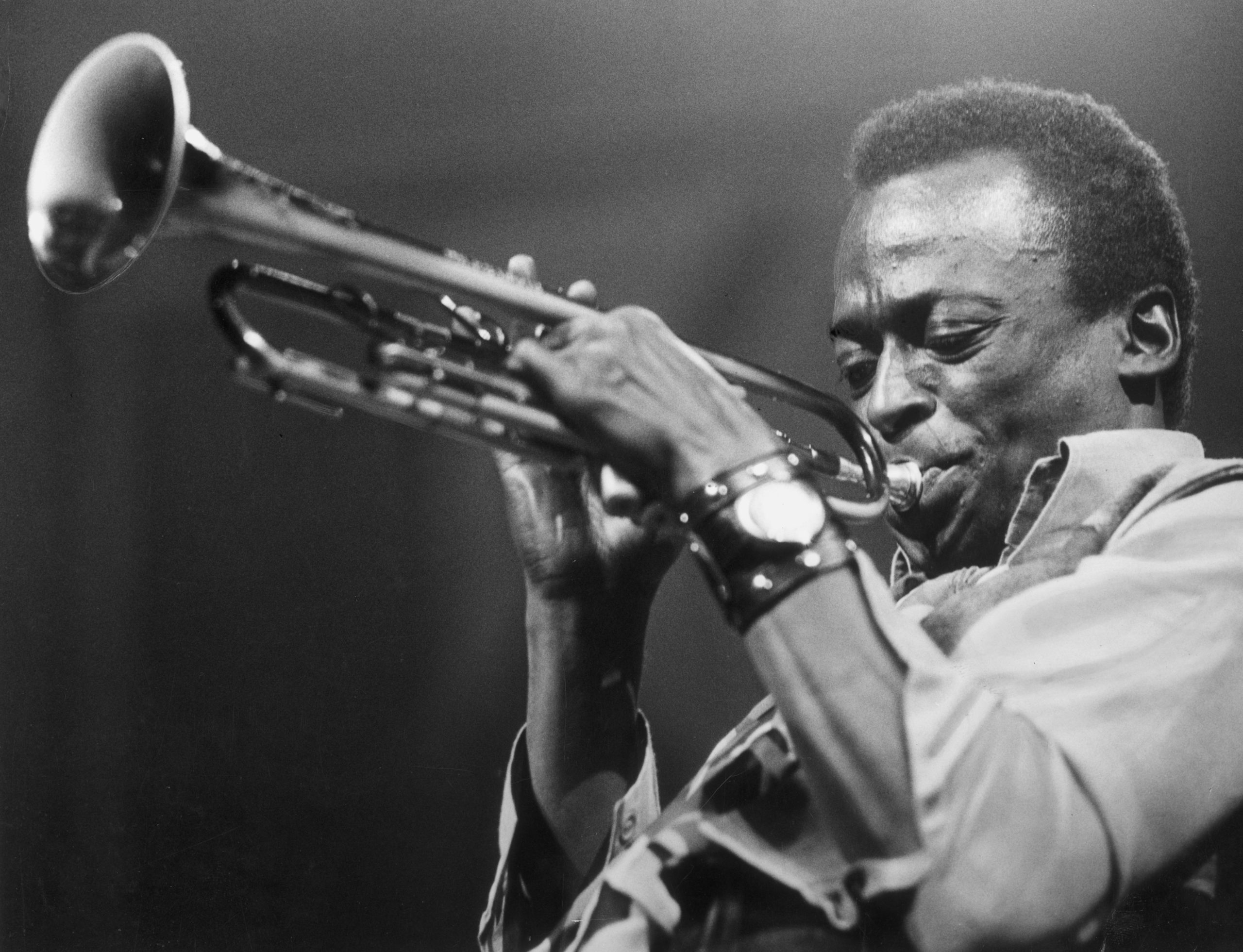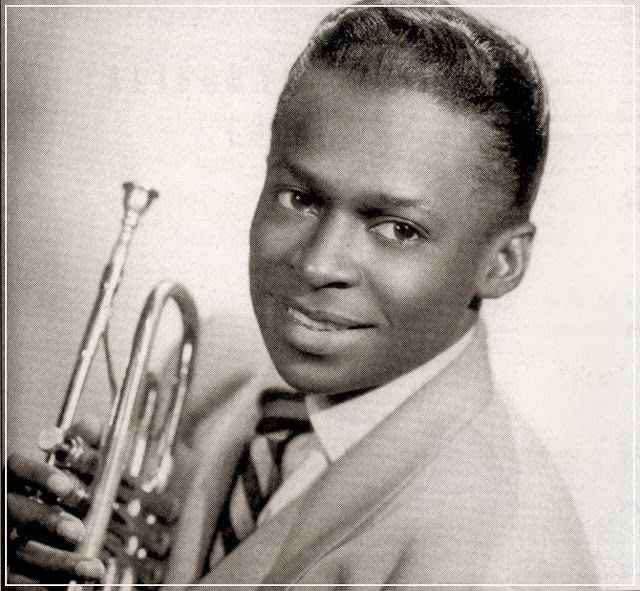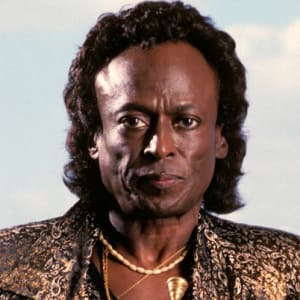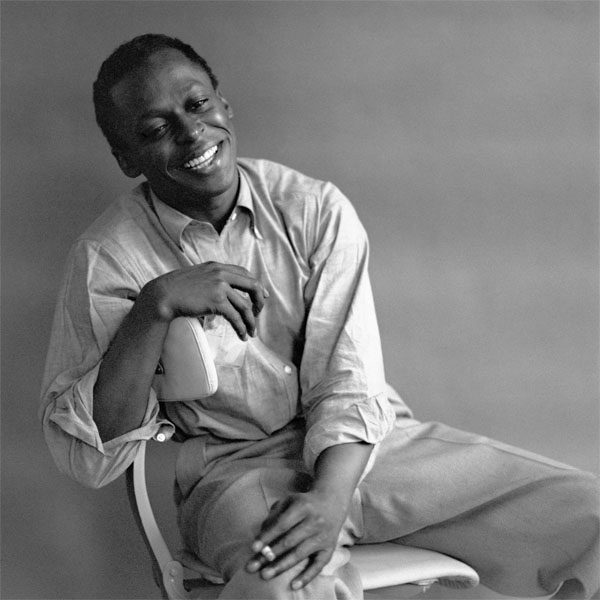The Legacy of Jazz Musical Genius Miles Davis

Who was Miles Davis?
Miles Davis was an American jazz musician who was born on May 26, 1926 in Alton, Illinois. He was a world renowned and very gifted trumpet player and bandleader. He has often been referred to as one of the most influential jazz musicians and is one of the most celebrated musicians of the 20th century.
A Background of Jazz
Jazz music was born in the heart of New Orleans, Louisiana. New Orleans was a very progressive and metropolitan city since it was a melting pot for many different cultures and ethnicities. Some of the first known jazz playing was started in New Orleans. Instruments such as the trumpet, the horn, and marching bands are often connected to New Orleans. Congo Square was a popular spot in the city where both free black people and enslaved black people would come together to dance and sing for music festivals. The musician to be credited with playing the first known jazz musical style was Buddy Baldwin.
Buddy Baldwin was a very gifted trumpet player. People who heard him play say he could play pretty much any style of music, such as waltzes, ragtime, and negro spirituals. Baldwin played all over New Orleans and by 1906, he was hailed as King Baldwin because of his playing. At the time, he was also the best known black musician in New Orleans. However, Baldwin’s career would be marked and ruined by tragedy. Like many talented black artists throughout history, Baldwin had his own inner struggles and demons. He was known to be a heavy drinker and alcoholic. In 1907, he was committed to a mental institution at Louisiana State Insane Asylum because his mother thought that he was going to attack her while he was having a mental breakdown/episode. Once Baldwin was committed, he would spend the rest of his life there and would never play the trumpet again.
Despite Baldwin’s downfall, the new style of music that he created would live on for generations to come. Many other talented black musicians became involved in the jazz scene and took pride in the new style of music that they created. World renowned jazz musician Louis Armstrong is one of the most well known jazz musicians in the history of jazz. Armstrong played the earliest forms of jazz, which was traditional jazz. He often played the trumpet solo in concerts and improvised on the spot as he went along playing.
Improvisation is a key element of jazz. Jazz musicians often did not rely on or use sheet music. Instead, they played whatever came to mind. When a soloist played their instrument, there was often a background beat to accompany it and lots of syncopation. Another key aspect of improvised solo playing was audience members would often clap and applause the musician for their playing, so there was an appreciation for the skill of the musician.
Jazz carried lots of complexities since many of the founding musicians of jazz were trained musicians- that is, trained black musicians. Because these musicians were trained, they were often allowed to play in Opera Houses for white audiences even though segregation was in the American culture and political background. This contributes to why some people refer to jazz music as “black classical music” and the most serious and respected genre of African-American music. Today, many scholars teach jazz music at higher level education institutions. While jazz has been taken seriously by many contemporary music scholars and the American public, jazz has also been whitewashed and stolen from the renowned and talented black musicians. Because of this, many of the works and contributions of jazz musicians (other than Louis Armstrong) such as Cab Calloway, Wynton Marsalis, and Miles Davis go unnoticed.
However, it must said that Miles Davis is one of the most influential jazz musicians and contributed a great deal the popularity and success of jazz into the American music scene and American culture.
Early Beginnings of Miles Davis
Miles Davis was born in a middle class family to a dental surgeon and a music teacher. At 13 years old, Miles’s father introduced him to the trumpet. Miles took up the trumpet quickly, and started to take private lessons under a friend of his father’s who directed a music school. Miles’s teacher, Elwood Buchanan, taught miles to play the trumpet without a vibrato. This style of playing was very contrary to common style of jazz playing by many jazz musicians, such as Louis Armstrong. However, this style of playing would ultimately become one of Miles’s signature styles and be called the Miles Davis style.
Miles’s talent was so genius that he started playing the trumpet professionally when was still only in high school. At the age of 17, Miles was invited to play with famed jazz musicians David Gillespie and Charlie Parker on stage when they needed a replacement band member because of their original band member being sick at the time. The performance was successful because Miles was accepted to study music at the prestigious The Julliard School in New York City in 1944.
While at Julliard, Miles continued to play with Charlie Parker and started performing in nightclubs in Harlem. During these performances, he met up with some other musicians. During this time, Miles would be one of the first musicians to develop and play bebop, which was a fast, improvisational style of jazz. This style of music is the gateway to the modern era of jazz.

In 1945, Miles left Julliard to become a full time jazz musician and make a career for himself. He initially started out as a member of the Charlie Parker Quintet. However, it didn’t last very long because he eventually started his own band called The Miles Davis Sextet.
In 1949, Miles decided to have nine members in his band. This nine members played instruments that traditionally were not played in jazz music, such as the French horn, trombone, and the tuba. He released a series of singles with this new group that would later become art of the album Birth of the Cool. This album is considered to be a significant contribution to modern jazz.
Rise to Superstar Fame & Miles's Most Successful Career Years
During the 1950s, Miles recorded and released several albums with his sextet group. These albums included Porgy and Bess and Kind of Blue. His Kind of Blue album sold over 2 million albums in the U.S. It is credited as being the highest selling jazz album of all time.
Miles continued to see success in his career throughout the 1960s. Though his band transformed over time with different members, his music transformed as well due to the evolution and new style of music in the 1960s. Some of the members of his band that left went on to become some of the biggest names in the jazz fusion musical scene. These names included Wayne Shorter and John McLaughlin.
The development of jazz fusion music is a mixture of jazz and rock and is noted to have influenced legendary rock musician Jimi Hendrix and RnB group Sly and the Family Stone.
After the 1969 Woodstock Music Festival took place, Miles and his band recorded and released the album Bitches Brew. The album was a commercial success and became another bestselling album for Miles. As a result of the success of Bitches Brew, Miles became the first jazz musician to ever be on the cover of the iconic rock magazine Rolling Stone.
Miles's Internal Struggles and Controversies
Throughout much of his career, Miles struggled with a heroin drug addiction. His addiction first began in the early 1950s during the early years of his music career. Though he could still record music, it was obvious that he didn’t play as well when was high on drugs versus when he wasn’t on drugs. In 1954, he overcame his addiction for a period of time. This lead to him having very successful albums and publicity during the late 1950s and 1960s. However, in 1975, Miles once again became addicted to heroin again, along with other drugs such as cocaine and alcohol. This caused him to have a 5-year hiatus from his career and performing. In 1979, Miles began a relationship with legendary actress, Cicely Tyson. Cicely helped Miles overcome his drug addiction and they got married in 1981. During the 1980s, Miles struggled to get his career back together. He released the album The Man with the Horn. The album had decent sales, but received negative reviews from critics. Miles continued to explore his music style. Finally, in 1986, Miles recorded his last album before his death, Tutu. The album incorporated samples, synthesizers, drum loops. The album received very positive reviews from critics and won Davis a Grammy Award. A final album, Aura, was released in 1989 that had been recorded by Miles in 1985. The Aura album won Miles another Grammy Award.
Apart from his struggles with drugs and alcohol, as his music evolved over the years, some of his fans missed his traditional jazz music. They did not like the jazz fusion music he was created because they believed it wasn’t really jazz music. Around 1985, Miles had an infamous onstage altercation with fellow jazz genius Wynton Marsalis at the International Jazz Festival in Vancouver, British Columbia, Canada. The fight was not a good look for Miles’s public image and reputation.


Miles's Death and Legacy
In 1990, Miles received a Lifetime Achievement Grammy Award for his phenomenal and legendary career, as well as the impact he had on jazz music from traditional jazz to modern jazz. He could be called “The Father of Bebop & Modern Jazz Music” because many modern jazz artists have had significant influence and inspirations from Miles. On September 28, 1991, Miles died from respiratory failure and pneumonia. He was 65 years old. In 1993, legendary producer Quincy Jones received Miles’s last Grammy Award that was given for Miles posthumously. Miles is survived by his three children and seven grandchildren. At the time of his death, Miles had a net worth of $10 million. It is unknown if he had more money and spent it all on buying drugs or not.
Miles won a total of 9 Grammy Awards in his career. He inspired several subgenres of jazz music, such as bebop, jazz fusion, and modern jazz. He was bold and wasn’t afraid to create and play his own style of jazz, not matter if it deviated from traditional jazz and other great jazz musicians such as Louis Armstrong. Miles created his own sound and style, which therefore paved his own legacy and legendary career. Many people state that Miles is one of the most influential musicians in American music history, not just the 20th century. Miles will always be remembered for his dedication to jazz music and in popularizing jazz to be more modern. Modern jazz is still played today and listened today by millions in America and around the world. This is all due to the music genius and talent of Miles Davis.
My Personal Reflection
I learned a lot while doing this assignment because I did not know a lot about him prior to this assignment. I had heard of his name and I knew that he was once married to Cicely Tyson. However, I did not know that he was a jazz musician and that he is one of the most influential music artists in American history. I also learned that he is one of the most influential and well known jazz musicians in jazz history. I really enjoyed writing this post because I learned more about music history, black music history, and black history in general. The only jazz musician that I ever hear white scholars and musicians talk about the most is Louis Armstrong. While Louis was a phenomenal jazz musician, there were many other phenomenal jazz musicians that need to be talked about more and credited. Jazz is a black/African-American creation. Many different and talented/gifted black musicians contributed to jazz and the different genres of jazz (swing, bebop, jazz fusion, modern jazz, etc.). I think that is important that Miles Davis is talked about more in the history of jazz and that he is given credit for the work he did for jazz and for making it poplar still in the modern/present day 21st century.
Sources

“Miles Davis.” Biography.com, A&E Networks Television, 31 Jan. 2019, www.biography.com/people/miles-davis-9267992.
“Miles Davis Net Worth.” Celebrity Net Worth, 29 Mar. 2018, www.celebritynetworth.com/richest-celebrities/rock-stars/miles-davis-net-worth/.
“Miles Davis.” Wikipedia, Wikimedia Foundation, 14 Mar. 2019, en.wikipedia.org/wiki/Miles_Davis.
*My notes from my Survey of African-American Music class with Dr. Kevin Johnson, PhD at Spelman College

